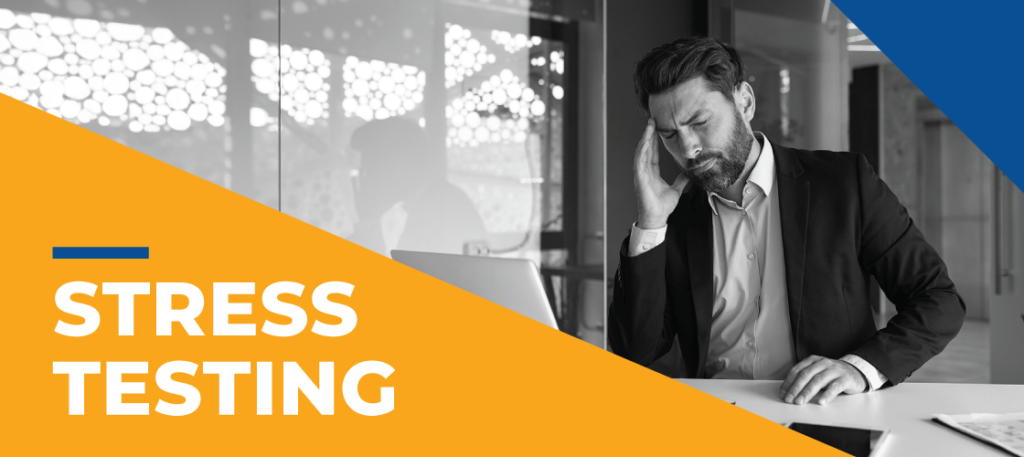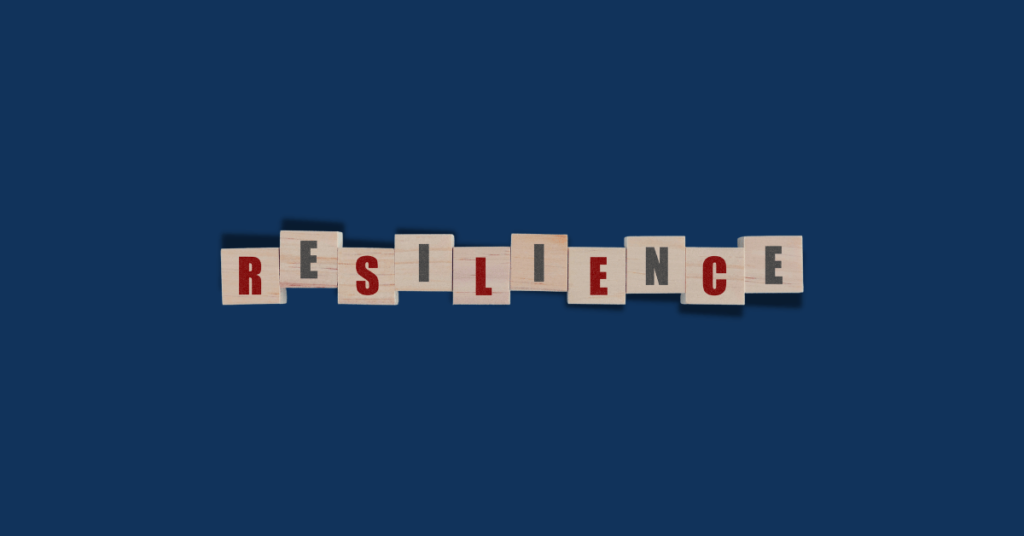Introduction
Stress testing provides a comprehensive framework that goes beyond traditional risk assessments, enabling businesses to evaluate how their systems can withstand and adapt to unforeseen challenges. This blog will delve into the critical challenges faced by African businesses, including economic fluctuations, power supply issues, and technological disruptions, highlighting the importance of integrating these elements into stress testing to uncover vulnerabilities and prepare for potential risks.

Understanding Stress Testing
Stress testing is a method of evaluating how specific, adverse scenarios could impact an organisation’s systems and operations. Unlike regular risk assessments that often consider more predictable and gradual risks, stress testing delves into extreme events that can cause significant disruptions. These simulations can include scenarios such as stock market crashes, severe economic recessions, natural disasters, or geopolitical conflicts. The primary goal of stress testing is to provide a realistic assessment of how these severe conditions could affect the business, allowing for the identification of weak points and the formulation of effective response strategies.
The Strategic Value of Stress Testing
The strategic value of stress testing lies in its ability to offer foresight and preparedness. For African businesses, which operate in an environment characterised by unpredictability and change, stress testing acts as a critical tool in strategic planning. It allows business leaders to make informed decisions based on data-driven insights, aligning recovery resources and investments with the areas of greatest vulnerability. Moreover, regular stress testing cultivates a culture of continuous improvement and resilience across organisations, encouraging teams to stay alert to environmental and operational changes and adapt accordingly.

The African Context
Operating in Africa means contending with a landscape marked by both opportunities and uncertainties. From economic fluctuations to infrastructural deficiencies and technological disruptions, these threats pose serious risks to business stability. Stress testing, by pushing systems to their limits, allows companies to identify vulnerabilities and devise strategies that bolster resilience against these potential failures. Key areas for stress testing in Africa include:
- Energy Reliability
Power instability, including frequent load shedding and unexpected outages, poses a significant threat to operational continuity. Effective stress testing in this area might simulate extended periods without power to assess the robustness of operations like production or sales. This includes evaluating the efficacy of backup generators, alternative energy sources, and energy storage solutions. Additionally, businesses can explore the financial and operational impacts of implementing energy-efficient technologies and demand-response strategies, which can reduce energy consumption during peak periods and lower overall vulnerability to power-related disruptions.
- Technological and Network Stability
In today’s digital-first business environment, the robustness of IT infrastructure is more crucial than ever. Stress testing in this domain might involve simulating severe cyberattacks, data breaches, or complete server failures to test the effectiveness of existing disaster recovery plans and data security measures. Beyond just recovery, this testing can help pinpoint the time required to restore full functionality and the potential revenue loss during downtime. It also allows businesses to validate the strength of their cybersecurity defences and employee readiness.
- Economic Volatility
Africa’s economy is frequently influenced by global market fluctuations, commodity price changes, and local economic policies, all of which can significantly destabilise businesses. This environment necessitates robust preparation for sudden economic shifts that could impact financial stability and operational capabilities. Through stress testing, businesses can proactively develop strategic responses such as diversifying supply chains, securing fixed-price contracts, or adjusting operational models to effectively mitigate risks associated with economic volatility and policy changes.
- Supply Chain Resilience
The complexities of managing both global and local supply chains introduce considerable risks, particularly in scenarios where key suppliers fail or major logistic routes are disrupted. Stress testing can be used to simulate these disruptions, helping businesses assess their ability to maintain operations under such conditions. This might include identifying alternative suppliers, establishing local supplier relationships, or investing in technology to improve supply chain visibility. Moreover, stress tests can help firms evaluate the cost and time involved in switching suppliers and the impact of such changes on production schedules and customer delivery commitments.
Conclusion
Stress testing stands as a pivotal process for businesses operating within the volatile environment of Africa. It not only highlights the resilience of business systems against extreme scenarios but also empowers organisations to proactively enhance their preparedness. By systematically simulating and analysing potential disruptions, businesses can create robust strategies that safeguard operational stability and ensure continuity. As African businesses continue to navigate a landscape marked by various challenges, stress testing remains an indispensable tool, ensuring they are not merely surviving but thriving amid uncertainties.











